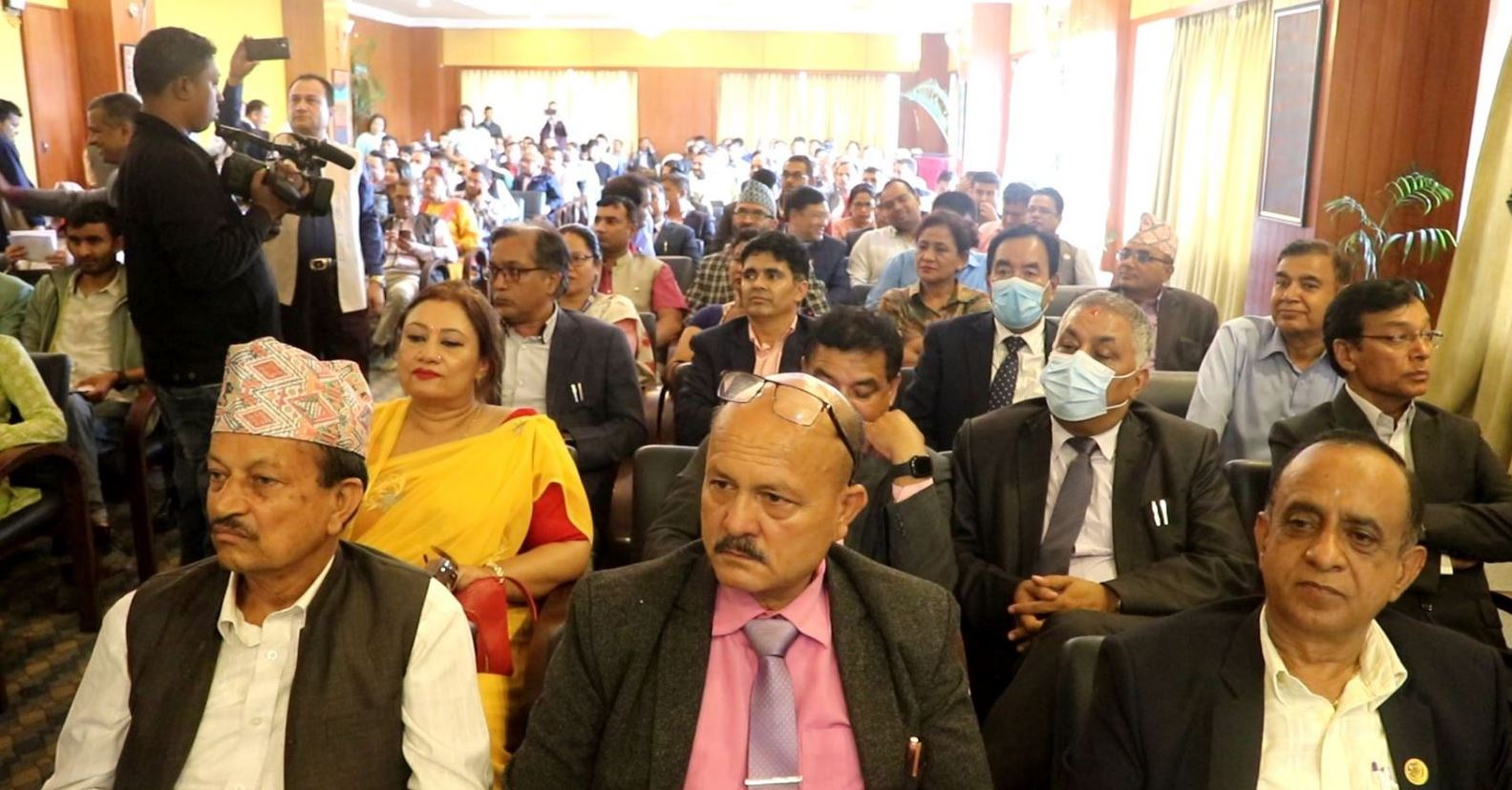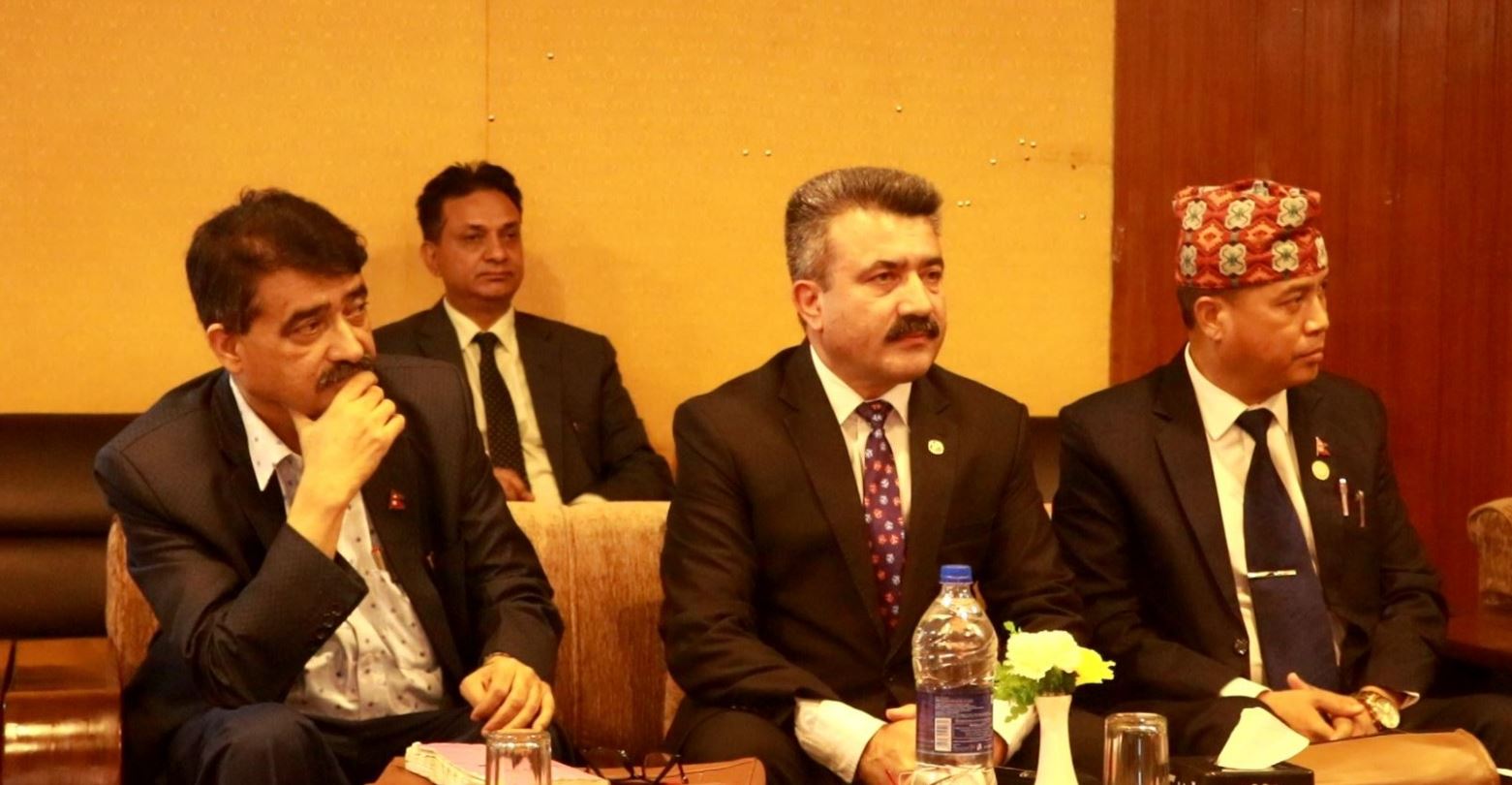
 EDUCAST, In a joint press release, leading private education associations – Pabson, Hissan, and National Pabson – have expressed their deep concerns regarding the proposed education bill, “Bill 2080 to Amend and Consolidate Laws Related to School Education.” The bill, which aims to replace the existing Education Act 2028, has recently been passed by the Council of Ministers, though not yet officially disclosed. With a legacy spanning over four decades, the private sector has played a pivotal role in the advancement of Nepal’s education system. Since the implementation of the Education Act 2028, schools backed by private investment have steadily grown in number, contributing significantly to the nation’s educational landscape. This expansion extended beyond just schools, encompassing industries such as information technology, communication, manufacturing, transportation, tourism, and healthcare.
EDUCAST, In a joint press release, leading private education associations – Pabson, Hissan, and National Pabson – have expressed their deep concerns regarding the proposed education bill, “Bill 2080 to Amend and Consolidate Laws Related to School Education.” The bill, which aims to replace the existing Education Act 2028, has recently been passed by the Council of Ministers, though not yet officially disclosed. With a legacy spanning over four decades, the private sector has played a pivotal role in the advancement of Nepal’s education system. Since the implementation of the Education Act 2028, schools backed by private investment have steadily grown in number, contributing significantly to the nation’s educational landscape. This expansion extended beyond just schools, encompassing industries such as information technology, communication, manufacturing, transportation, tourism, and healthcare.

While acknowledging the strides made by the private sector, the associations expressed concerns about the state’s approach towards regulation. Despite a need for comprehensive organization and oversight across these burgeoning sectors, the state’s actions have appeared to lean towards complex and impractical regulatory frameworks. This approach has led to confusion and instability within the private sector, hindering its potential for rapid development.
The associations highlighted the pivotal role of the education sector in generating revenue for the state. However, their apprehensions stem from the proposed education bill, which is yet to be officially unveiled but has been circulating on social media platforms. Of particular concern is a provision in the bill that reportedly requires schools operated by companies to transition into “Guthi” (trust) entities within a five-year timeframe, along with the associated financial liabilities.
The press release underscored the seriousness of these issues and raised questions about the underlying intentions of the bill. There is a growing sentiment among stakeholders that the bill, signed by former Education Secretary Ramkranna Subedi, may not only discourage private investment but also potentially stifle the growth of the private education sector. The associations emphasized the need for open dialogue, transparency, and a balanced approach to policy-making that considers the interests of all stakeholders.
As the education sector stands at a critical juncture, the private education associations have called upon the government to engage in meaningful consultations with industry experts and stakeholders before enacting any legislation that could have far-reaching consequences for Nepal’s education landscape.
Write your comment